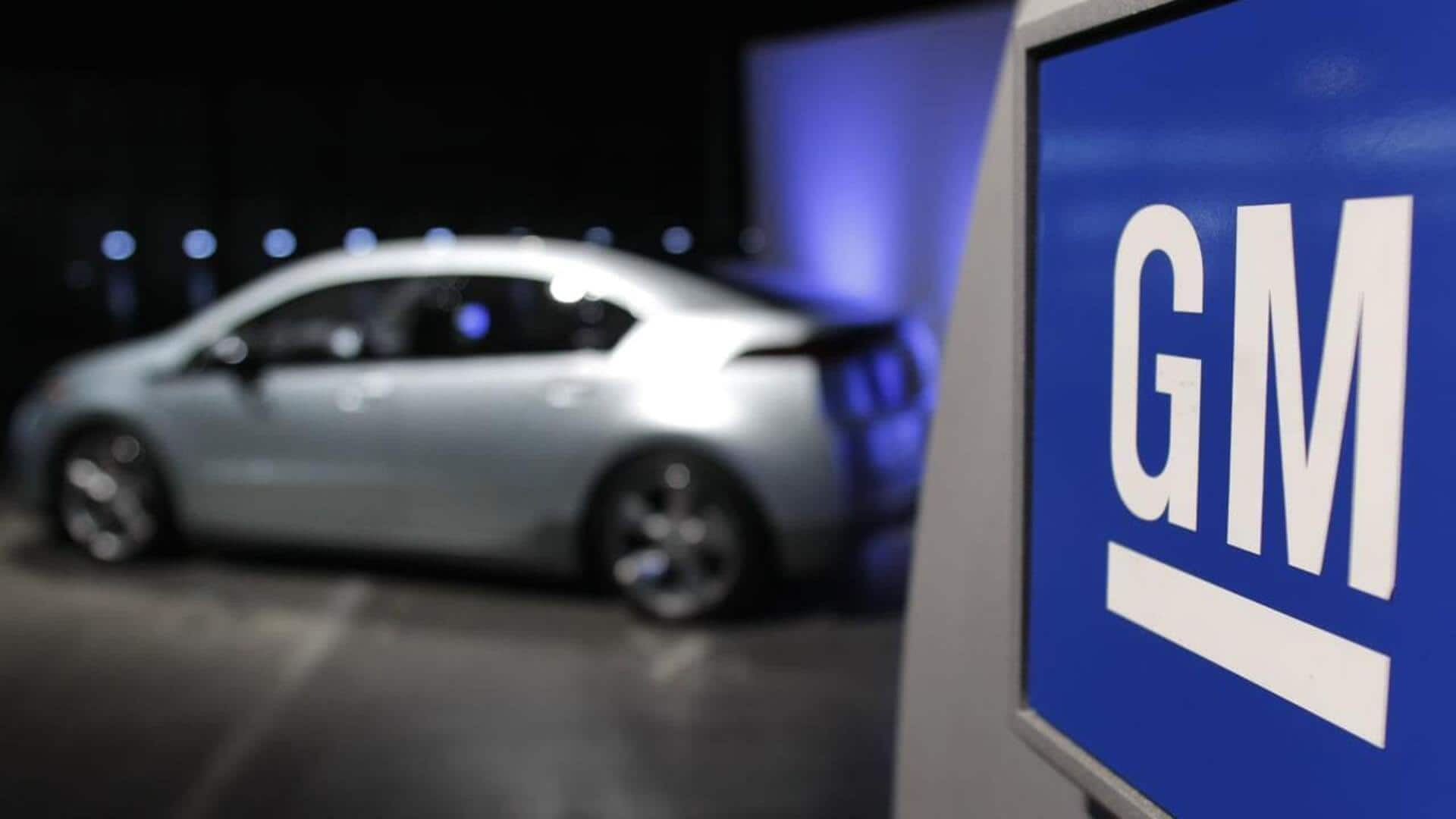
GM lays off over 1,700 workers amid EV slowdown
What's the story
General Motors (GM) has announced plans to cut over 1,700 manufacturing jobs in response to changes in the electric vehicle (EV) market. The layoffs will mainly affect workers at a Michigan plant that produces GM's EVs and an Ultium Cells battery cell plant in Ohio. The company is also temporarily laying off employees at an Ultium Cells plant in Tennessee.
Company statement
GM's statement on job cuts
In a statement to CNBC, GM acknowledged the job cuts as a reaction to slower near-term EV adoption and an evolving regulatory environment. The company said, "Despite these changes, GM remains committed to our US manufacturing footprint." It added that its investments and commitment to flexible operations would make it more resilient in the face of change.
Layoff details
Details of the layoffs
The job cuts will see 1,200 workers laid off at GM's Detroit EV plant and another 550 at a battery plant in Ohio. The automaker had earlier announced plans to pause battery cell production at two US joint-venture battery plants in Tennessee and Ohio for nearly six months. Along with these layoffs, GM will also temporarily lay off 5,500 employees across three plants.
Production adjustments
Production cuts at GM's Detroit plant
From January 2026, GM will cut production at its Detroit EV plant to one shift from the current two. This change will reduce output by some 50%. The plant makes three large electric pickup trucks: Chevrolet Silverado, GMC Sierra, and EV Escalade IQ and Hummer SUV. The company has also said it would assess production requirements and bring back some of the furloughed employees in January when operations resume on a single shift.
Market forecast
Other automakers scaling back EV plans
GM has lowered its EV sales forecast and announced further production cuts this year. The company is also lobbying Congress and the White House to ease emissions requirements. Other US automakers are also scaling back their EV plans, expecting a sharp drop in consumer demand after the $7,500 federal tax credit for EV buyers expired in September.